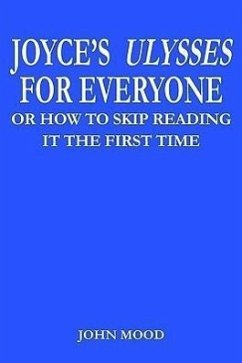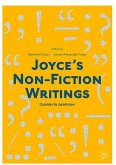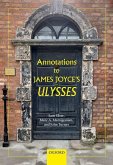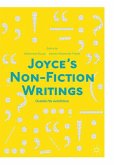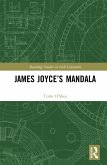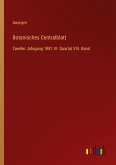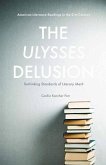Most scholarly writing about Joyce's Ulysses has concentrated on its parallels with homer's odyssey, catholic theology, Dublin's streets, Shakespearean references (especially hamlet} , all of which, and much more, Joyce included in his novel but emphasizing the interpretation of these overlays to the story has led to the book appearing almost impenetrable to readers who might otherwise enjoy it. Mood attempts to cut through these grids and go directly to the strengths of the novel: - its suspenseful double plot, its breathtaking wordplay, its eroticism and, above all, its constant hilarious comedy. One doesn't need to know a thing about the Odyssey to enjoy Ulysses thoroughly. The life of the young Stephen Dedalus is in a mess and he obviously needs an elder's advice. The older Leopold Bloom yearns to pass on his wisdom to someone younger. He also learns his wife Molly is going to commit adultery for the first time. These plots, not Catholic theology or Hamlet, is what the novel is "about". And the comedy, the sex, the heart-stopping suspense and the verbal fireworks are what drive the reader on. Mood's book makes this obvious on every page. One will never have difficulty reading Ulysses again. The late dean of American critics Leslie Fiedler said it would be "more useful [for beginning readers] than anything else I have seen". Best-selling Dublin novelist and memoirist Nuala O'Faolain said it is a "charming and funny account of Ulysses" and "quite authoritative as well." Tom Wolfe commented, "I certainly enjoyed your Joycean excursion, particularly the part about Joyce's interweaving of various narrative voices."
Bitte wählen Sie Ihr Anliegen aus.
Rechnungen
Retourenschein anfordern
Bestellstatus
Storno

